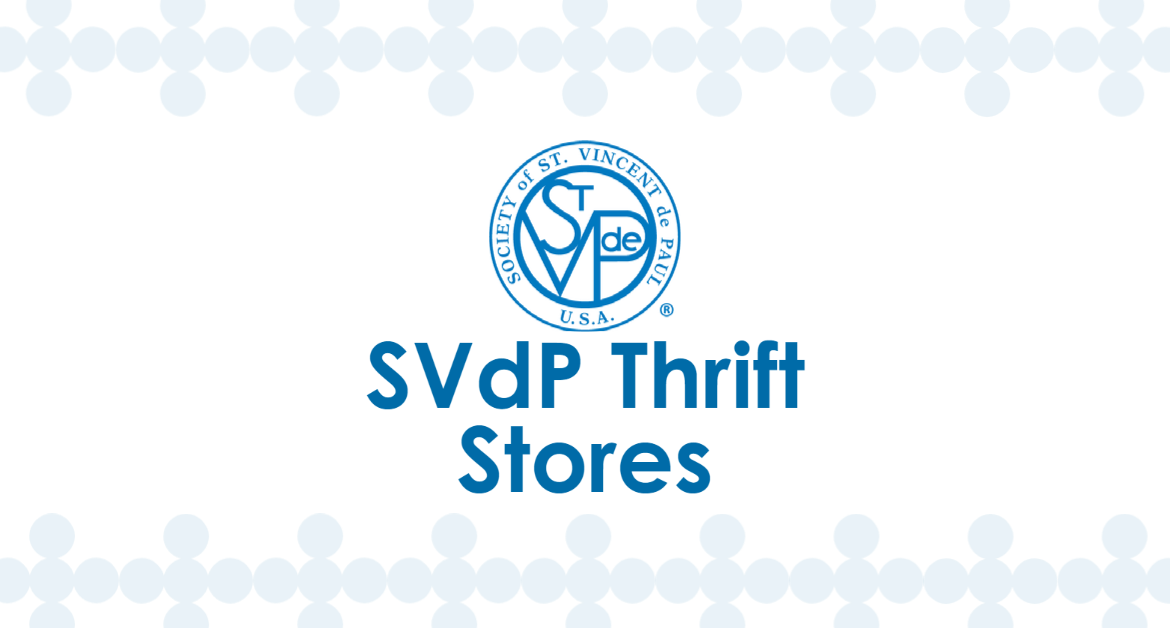Q: We have a neighbor in need of one of the Conferences that is being looked for by the police. I don’t know if the Conference knows where she is, but they do know the location of a storage facility that is owned by the person. Can the Conference disclose this information, either voluntarily or by a summons? I think not, but I wasn’t sure. Please advise.
A: This is different from a seal of confession. We do not voluntarily share information with other agencies. However, if there is a legal summons made requesting information, we comply. To voluntarily provide information to the police is a matter of conscience. It would really depend on the seriousness of the matter. You have to discern what withholding the information could mean in the long run. Is it likely that people will be hurt (physically, emotionally, or economically) by withholding the information? Decisions like this require a lot of prayer.
Q: One of our Vincentians has asked if our Conference can spend funds to improve the poor boxes in our parish church. We receive the contents of the boxes each week. They’ve gotten a little shabby, and our pastor has been working on improving the church’s environment with new pews, new stations, etc. Is this allowed?
A: Since the funds from the poor box are given to SVdP, the Conference may purchase replacements for the poor boxes and treat it as operating expenses. However, the Conference may not contribute funds directly to the parish to do so.
Spanish Translation
P: La policía está buscando a unos de nuestros vecinos que tienen necesidades. No sé si la Conferencia sabe dónde está, pero sí conoce la ubicación de una instalación de almacenamiento que es propiedad de la persona. ¿Puede la Conferencia divulgar esta información, ya sea voluntariamente o por citación? Creo que no, pero no estaba seguro. Por favor avise.
R: Esto es diferente de un sello de confesión. No compartimos información de manera proactiva con otras agencias. Sin embargo, si hay una citación legal solicitando información, cumplimos porque cumplimos la ley. Proporcionar voluntariamente información a la policía es una cuestión de conciencia. Realmente dependería de la gravedad del asunto. Tienes que discernir lo que podría significar retener la información a largo plazo. ¿Es probable que lastime a mucha gente (física, emocional o económicamente) al retener la información? Decisiones como esta requieren mucha oración.
P: Uno de nuestros Vicentinos ha preguntado si nuestra Conferencia puede gastar fondos para mejorar las cajas de limosnas en nuestra iglesia parroquial. Recibimos el contenido de las cajas cada semana. Se han deteriorado un poco y nuestro pastor ha estado mejorando el ambiente de la iglesia con nuevas bancas, nuevas estaciones, etc. ¿Está permitido?
R: Dado que los fondos de la caja se entregan a SVdP, la Conferencia puede comprar reemplazos para las cajas de limosnas y tratarlos como gastos operativos. Sin embargo, la Conferencia no puede contribuir fondos directamente a la parroquia para hacerlo.



